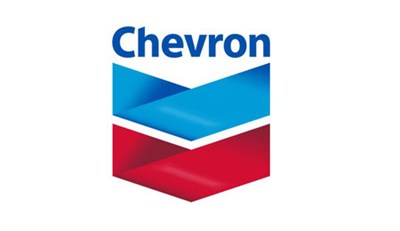Chevron plans to nearly double its donation to Nigerian social projects over the next five years, part of a choreographed plan to improve the local economy and bolster the company’s supply chain in the African country, its second-largest source of crude oil.
Chevron is donating $40 million to the Niger Delta Partnership Initiative (NDPI), a nonprofit it helped form in 2010 with $50 million in seed money. The second round of funding will make NDPI the largest recipient of Chevron donations in the company’s history, executives said.
The NDPI works with local organizations in the Niger River Delta to help cull HIV transmission rates, teach cassava farmers marketing techniques and connect catfish breeders with feed suppliers, among other projects.
The militant group Boko Haram, which is trying to create an Islamic state in northern Nigeria and recently kidnapped more than 200 girls, has had little effect on southern Nigeria and the Delta, executives and analysts said.
Still, criminal gangs have stolen oil and kidnapped residents for more than a decade in the Delta, risks that Chevron and Royal Dutch Shell, the largest foreign oil company in Nigeria, have had to address.
“Our objective is for peace in the Delta. And the best way we can contribute to peace, in our view, is the way we’re participating in NDPI,” said Rhonda Zygocki, Chevron’s executive vice president of policy and planning.
Chevron has pumped oil in Nigeria, Africa’s largest energy producer, for more than 40 years.
In 2013, the company pumped more crude oil in Nigeria than any other country in which it operates besides the United States, the second year in a row the country has held such import for the company.
Chevron’s production, part of a partnership with Nigeria’s state-controlled oil company, has more than doubled in the past seven years to 268,000 barrels of oil equivalent per day, according to regulatory filings.
The NDPI operates in nine Nigerian states along the Gulf of Guinea, though it is headquartered in the capital of Abuja, in the country’s geographic center.
Using the Chevron donation, NDPI finds small charities on the ground and partners with them on various issues.
For example, the nonprofit gave $59,978 to Forward Africa in 2011 for a project designed to help residents of Nigeria’s Imo and Abia states get more involved in local government. Forward Africa contributed $5,672 of its funds for the project.
While NPDI works with local banks to obtain financing for some Nigerian projects, it tries to encourage local markets to thrive without Chevron’s influence, said Dennis Flemming, NDPI’s director
“We try not to distort a market when we do something here,” Flemming said.
Chevron and foundation staff acknowledged that donations to communities in areas where the company operates are expected, though they said it is not part of a quid pro quo arrangement to obtain access to energy reserves.

